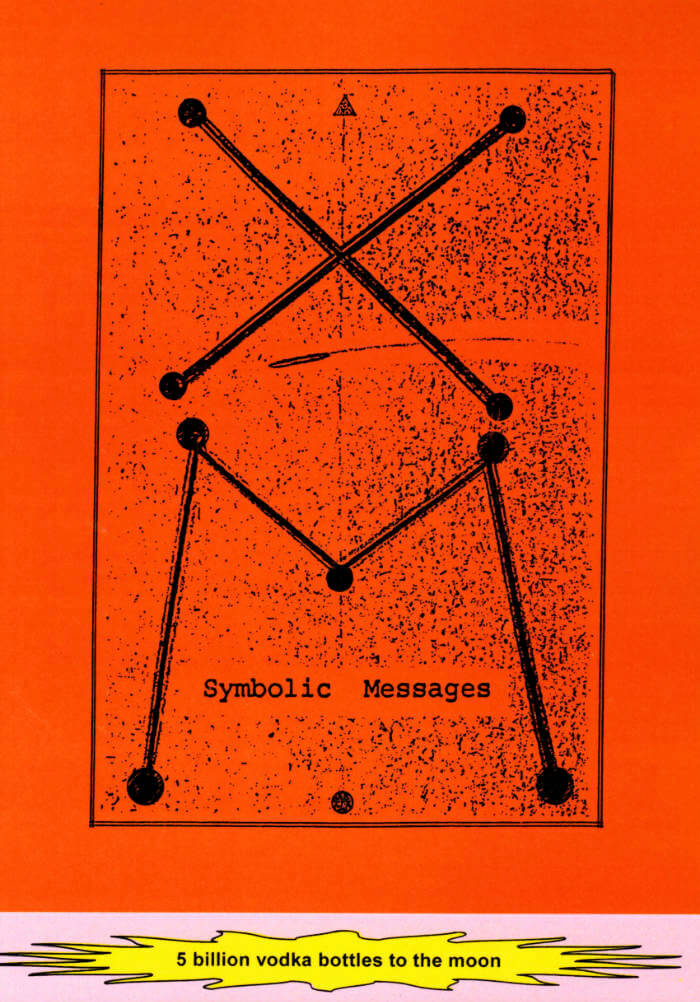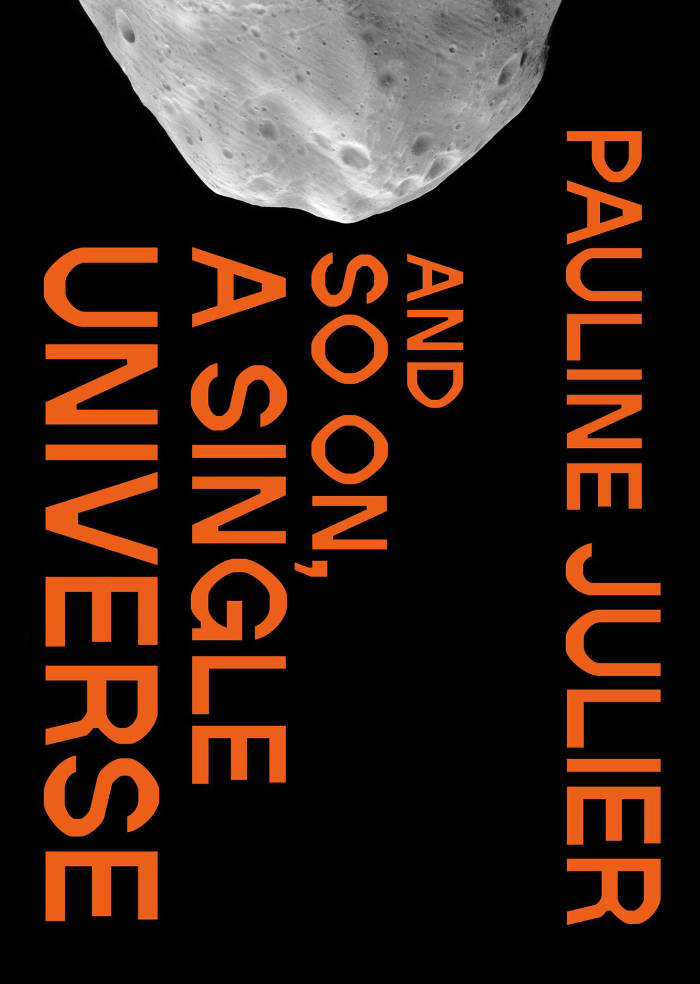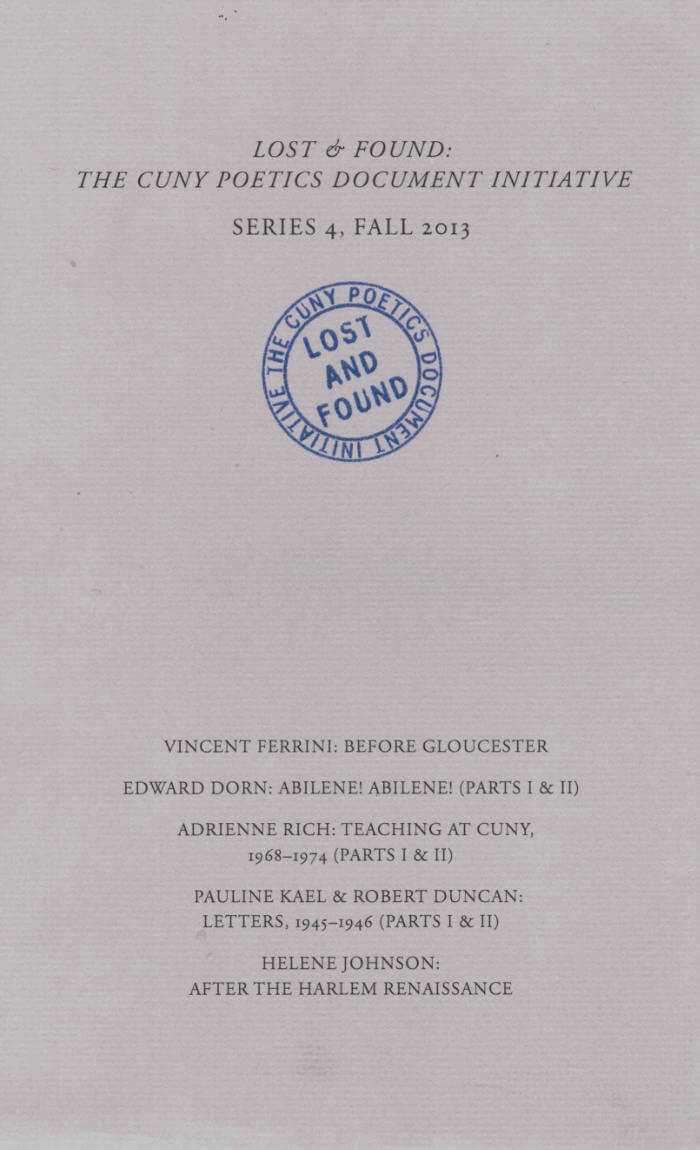
Symbolic Messages - An Introduction to a Study Of "Alien” writing.
Mario Pazzaglini, Moritz Appich, Bruno Jacoby, Johanna Schäfer
This book is a reprint from a scan of what appears to be the last remaining copy of Symbolic Messages in public libraries worldwide, at the university library of Manitoba College, Canada. Clinical psychologist Mario Pazzaglini first published his extensive collection of case studies in alien writing and received scripts in 1991. This book is a photocopy of the original edition. Editorial manipulations of the material are minimal and where they have been made, it was from lack of information or else for reasons of practicality and cost efficiency: There is no solid evidence of the original binding, printing technique, paper, etc. The original book seems to have been layed out in American letter format and has been scaled down to fit the proportions of European ready-to-order print formats and provide easier readability. Apart from these minor adjustments, the copy is as faithful to the original, as possible.
Language: English




